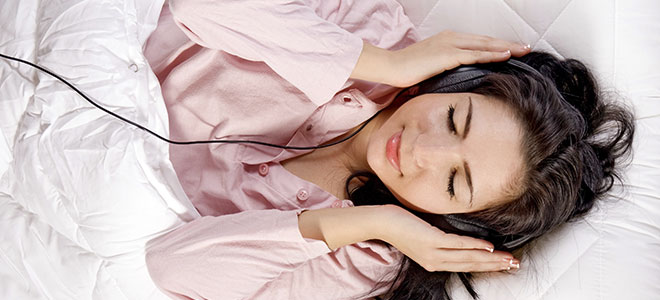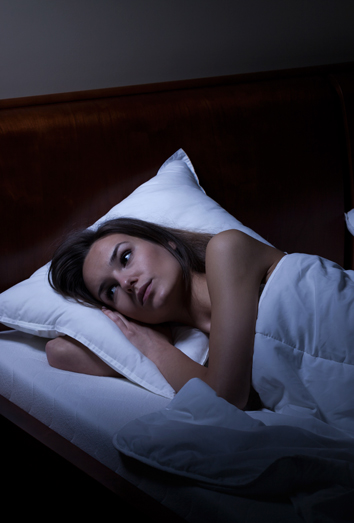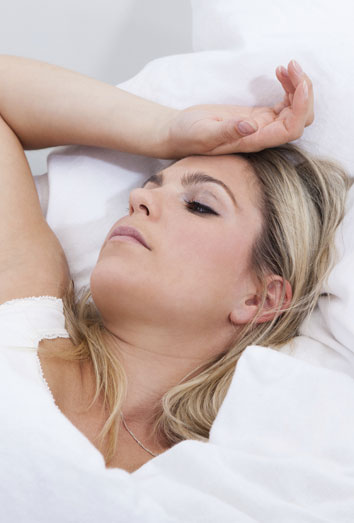Sleep like a baby. That is the objective of so many adults who see how they are losing their ability to sleep soundly, to sleep soundly, to rest and get up completely renewed the next morning. People suffering from insomnia look with admiration at peacefully sleeping babies. And we ask ourselves, will lullabies also help adults sleep well? The answer is yes. Music can help us sleep better.

Music therapy to combat insomnia
- Undoubtedly, music therapy is revealed as one of the most interesting alternative therapies to combat ailments of all kinds, from anxiety and depression to insomnia, to being a good complement in cancer treatments. Music is one of the best allies for health, it improves the quality of life and helps us find emotional balance.
- To combat insomnia, many specialists recommend listening to music before going to sleep. Not only when we are already in bed, but to start preparing our body and mind for rest, listening to relaxing music after dinner. Once in bed, closing your eyes and relaxing to soft, slow melodies will help you fall asleep more quickly.
- Of course, music cannot do all the work against insomnia. To sleep well, we cannot forget to maintain scrupulous sleep hygiene and if we are going to resort to music as a method to obtain a better quality of sleep, we must schedule the music session for half an hour and let it go off on its own without having to. Getting out of bed to disconnect the device.
Listen to relaxing sounds to sleep
- The music that experts recommend to sleep better is classical music, but the truth is that this therapy against insomnia also includes other relaxing sounds that can induce sleep. These are sounds that come from nature such as ocean waves, rain, a stream, birdsong or even the sound of dolphins.
- In any case, they are harmonic and soft sounds that inspire a calm and relaxed atmosphere. These are the same sounds that are used in therapies against anxiety and stress, because the objective is the same as in the treatment of insomnia: to reach a state of optimal relaxation, with thought free of worries and focused solely on the rest.
- But keep in mind that not all people relax with the same sounds. It depends a lot on the experience, but there are people who find listening to the water of a waterfall cause more restlessness than anything else. And the same thing happens with classical music, which, although in principle it is the most recommended for relaxing, there may be people who associate these melodies with unpleasant moments in their lives, which is not the best idea for sleeping.






